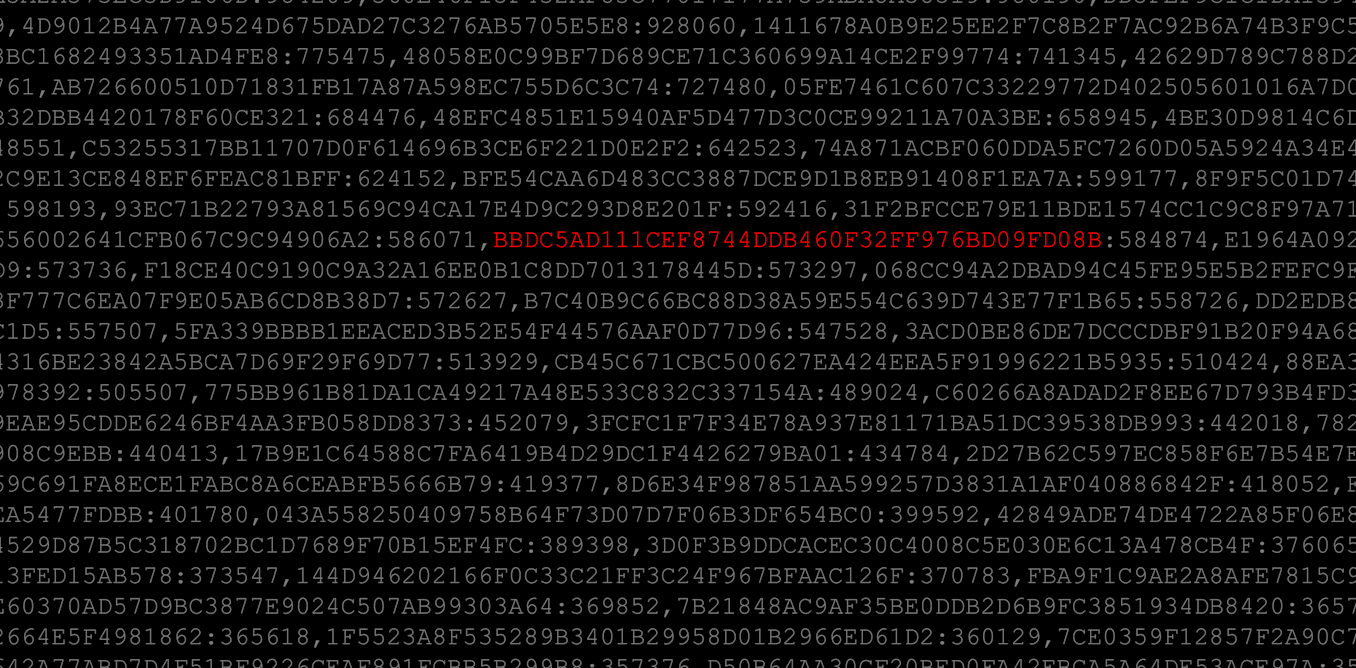by PAUL HASKELL-DOWLAND & BRIANNA O’SHEA

Passwords have been used for thousands of years as a means of identifying ourselves to others and in more recent times, to computers. It’s a simple concept – a shared piece of information, kept secret between individuals and used to “prove” identity.
Passwords in an IT context emerged in the 1960s with mainframe computers – large centrally operated computers with remote “terminals” for user access. They’re now used for everything from the PIN we enter at an ATM, to logging in to our computers and various websites.
But why do we need to “prove” our identity to the systems we access? And why are passwords so hard to get right?
What makes a good password?
Until relatively recently, a good password might have been a word or phrase of as little as six to eight characters. But we now have minimum length guidelines. This is because of “entropy”.
When talking about passwords, entropy is the measure of predictability. The maths behind this isn’t complex, but let’s examine it with an even simpler measure: the number of possible passwords, sometimes referred to as the “password space”.
If a one-character password only contains one lowercase letter, there are only 26 possible passwords (“a” to “z”). By including uppercase letters, we increase our password space to 52 potential passwords.
The password space continues to expand as the length is increased and other character types are added.

Looking at the above figures, it’s easy to understand why we’re encouraged to use long passwords with upper and lowercase letters, numbers and symbols. The more complex the password, the more attempts needed to guess it.
The Conversation for more
